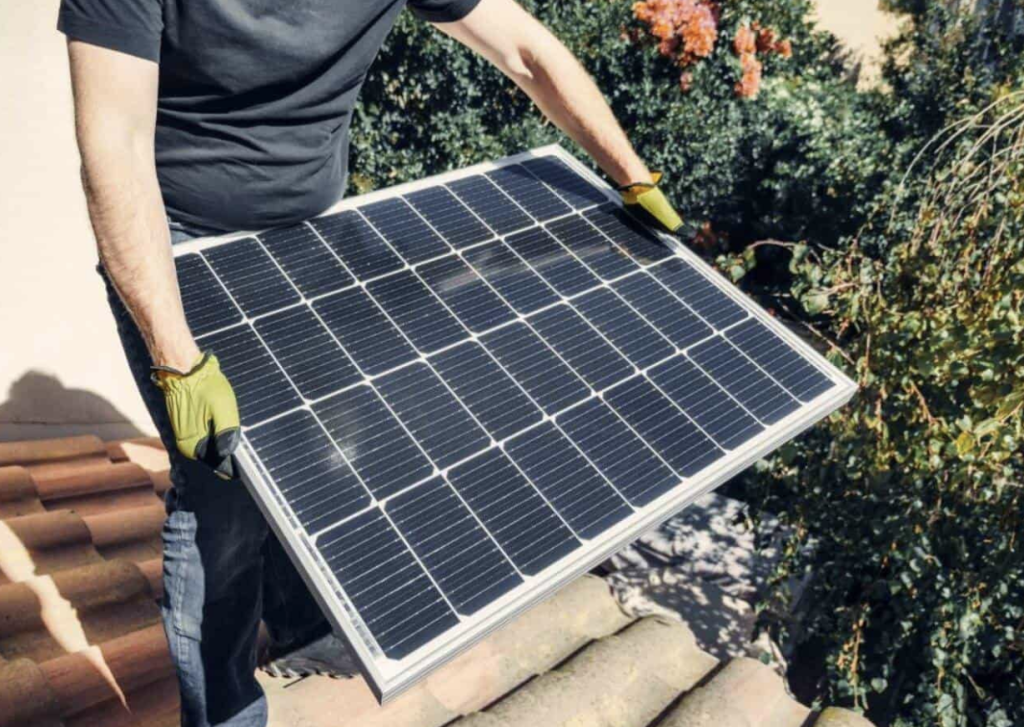
Without doubt generating power with solar panels is good for the country. Solar energy is abundantly available and is a way to reduce the country’s dependence on fossil fuels for the collective good.
Solar panels are all the rage these days and solar farms are cropping up all over the Dominican Republic.
But not everyone is happy about all the investing in solar panels to supply residential and commercial energy needs.
Power utilities and more traditional power generators say they source fuel to supply the demand. And when the demand drops because of those turning to solar power, their businesses are less profitable. This includes the power utilities that are owned by the government and those owned by private companies. As a result, the utilities and power generation companies are taking actions to impose new obstacles to people going solar.
According to economists Magin Diaz and Jeronimo Roca, the installation of solar panels has cost the electricity distributors a bit over US$90 million and represents a major impact on the deficits of the distributors. In a study entitled ”Solar Panels in Electricity Systems,“ the economists call for changes in the incentives given to promote solar farms and other renewable energy systems.
According to the discussion by the economists, there are some 13,000 entities that use solar panels and sell excess energy to the electricity distributors. This is allowed by laws and regulations currently in effect.
The two economists have notwithstanding identified at least three elements of the situation that cost the EDEs a lot of money. One of them is that people with solar panels do not consume electricity from the distributors, but, rather, they sell excess energy to the distributors. Another is what is known as “power charge,” also known as “base load power,” that the solar panel users do not pay to the distributors since they do not use EDE-supplied power. Finally, there is the question of the current scheme of electricity rates (which in the DR is very costly), which allows the solar panel users to charge these same rates to the EDEs when they sell excess energy to the distributors.
According to Magin Diaz, who is a former head of the Taxes Agency, these factors contribute almost 10% of the billion-dollar deficit of the EDEs.
An editorial in Diario Libre calls for readers to “follow the money” to understand where the complaints are coming from.
Read more in Spanish:
Diario Libre
Diario Libre
Diario Libre
26 February 2024

